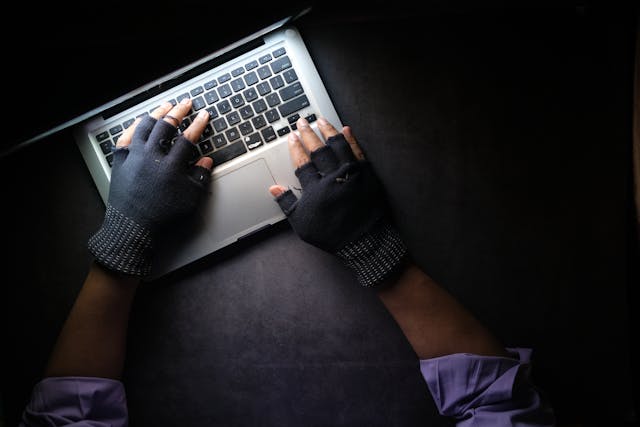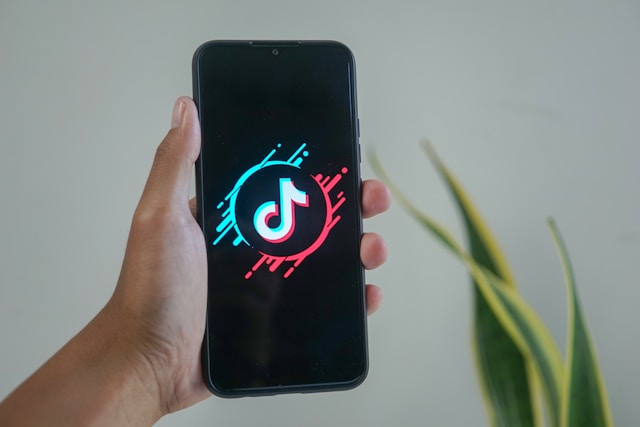TikTok Ban Bill: Everything We Know So Far
The “TikTok Ban Bill” has been among the most searched phrases online for the past year. Also known as the Restrict Act or TikTok Bill, the looming ban in the U.S. has users up in arms. What awaits the popular platform and its 150 million American users? Here’s everything we know so far.
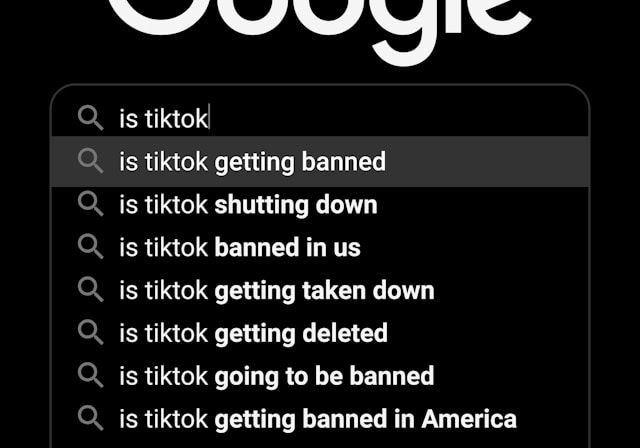
Where Is TikTok Banned?
Where is TikTok banned? Countries worldwide have imposed a partial or total ban on the mega-popular, Chinese-owned platform. Some governments only banned the app on government devices, while others have successfully imposed a nationwide ban. Here’s a list of countries that don’t allow the use of TikTok:
- United States: Federal agencies cannot use the app due to data security concerns. In at least 34 states, state government agencies, employees, and contractors are also banned from using the app on government-issued devices. These states include Texas, Maryland, Alabama, and Utah. Many public universities followed suit, banning TikTok in university-owned devices and WiFi networks.
- India: TikTok is banned in the country alongside other Chinese-owned apps.
- European Union (EU). TikTok is banned in staff devices across the EU’s three main institutions.
- Australia: TikTok is banned on all government-issued devices.
- Belgium: TikTok is banned on government phones.
- Canada: Government-issued devices are not allowed to use TikTok.
- France: Government phones are not allowed to use TikTok and other social media apps.
- New Zealand: Parliament work phones are not allowed to have TikTok.
- United Kingdom: Government ministers and civil servants cannot use TikTok on their mobile phones.
- Afghanistan: The Taliban banned the use of TikTok nationwide.
- Nepal: TikTok is not allowed across the country.
- Taiwan: All government devices are not allowed to use TikTok and other Chinese-made software.
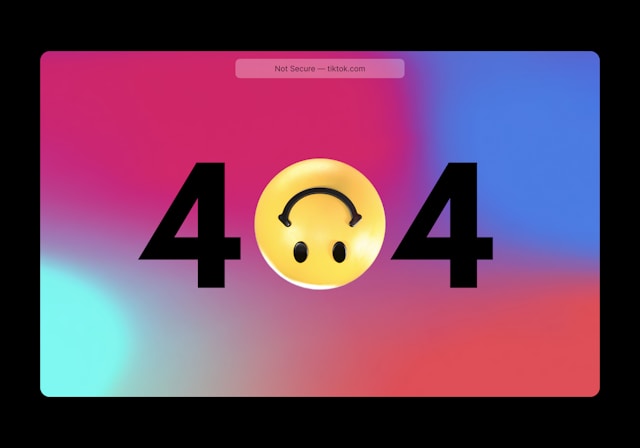
Why Is the U.S. Banning TikTok?
The U.S. banning TikTok is not surprising, given ByteDance’s (TikTok’s parent company) roots are in China. The ban TikTok bill cites national security risks as its main argument. Once it passes legislation, the bill is supposed to protect the United States from national security threats of technologies connected to a “foreign adversary.”
This foreign adversary is China. The national security concerns generally refer to how the app and, by extension, the Chinese government may use users’ data.
Across the country, all federal and some state governments and universities have passed legislation or issued executive orders banning the app from devices. Currently, only Montana has imposed a statewide TikTok ban from all mobile app stores.
What Is the TikTok Ban Bill?
What is the TikTok Ban Bill? Should the bill become law, the Secretary of Commerce can ban TikTok across all 50 states unless ByteDance sells it to a non-Chinese owner.
TikTok Ban Bill 686’s official label is Restricting the Emergence of Security Threats That Risk Information and Communications Technology (“RESTRICT”) Act.
The bill gives the Secretary of Commerce broad powers to identify, review, and prohibit technology products and services connected to foreign threats and pose an “undue or unacceptable risk.”
The Secretary has the ability to do any of the following:
- Prohibit the acquisition, installation, software updates, use, and other technology transactions connected to a foreign adversary.
- Review holdings in technology companies that may pose undue or unacceptable risks and refer them to the President for divestment.
- Take actions following the RESTRICT Act, which automatically overrides judicial protections given to the Foreign Intelligence Surveillance Act (“FISA”) and Administrative Procedure Act (“APA”).
- Collect information for reviews and be exempted from the Freedom of Information Act (FOIA) disclosure requirements.
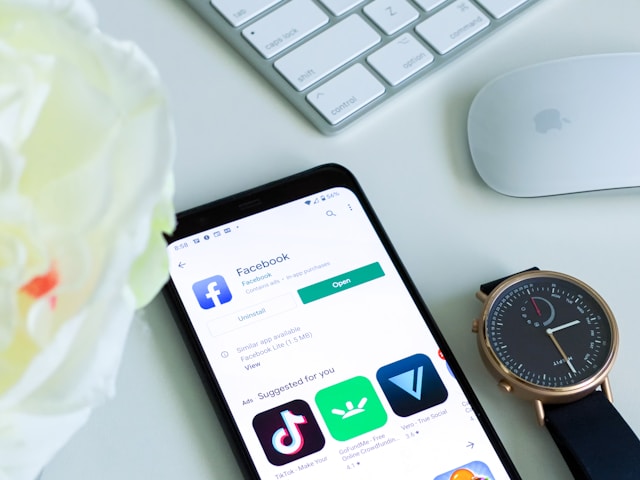
Did the TikTok Ban Bill Pass?
Did the TikTok Ban Bill pass? On March 13, 2024, the House of Representatives passed the bipartisan TikTok banned bill. What does this mean? Here are the key points you should know:
- After passing the House vote, the bill cannot outlaw the app just yet. However, it has started the countdown of 180 days for ByteDance to divest the platform and sell to a US company.
- The bill is another step closer to becoming a law as it is now set to be voted on in the Senate.
- If the bill passes the Senate vote, its next and final step is the White House. President Joe Biden has previously stated that he will sign the bill when it succeeds in a Senate vote.
However, any attempt to ban TikTok may face challenges under the Berman Amendments. The law prohibits the President from directly or indirectly regulating the import or export of “any information or informational materials.”
A Business Insider article also reports that “TikTok is responding in full force.” It is “planning to exhaust all legal avenues before considering being split from Chinese company ByteDance.”
If TikTok’s legal efforts fail, ByteDance must sell the platform to a US company. The app’s continued availability in the country would on ByteDance letting go of it. There’s another obstacle, however. The Chinese government must also approve the sale of the app, and it has already stated that it opposes the forced sale of TikTok.
TikTok Ban Bill VPNs
Countless creators and millions of businesses across the U.S. rely on TikTok for their livelihood. TikTok getting banned in the U.S. means the loss of billions of dollars in ads, endorsements, partnerships, and sales. The platform’s ban is not a done deal if the bill is signed into law and ByteDance refuses to sell. But having a backup plan as early as now won’t hurt.
With a looming TikTok Ban Bill, VPNs are a great alternative to ensure continued platform access. You can bypass website blocks and internet firewalls with a virtual private network (VPN). The VPN lets you connect your device to a remote server while encrypting your data and masking your IP address.
You can connect any device to a VPN. You’ll find the option via your Settings>Network & Internet.
The move to ban TikTok has not been popular among American users and certain civil rights groups. Here’s what some of the most prominent groups and public officials have to say about it:
- The Center for Democracy & Technology has pointed out that many younger Americans participate in the country’s democracy via Tiktok.
- The American Civil Liberties Union (ACLU) has said that a complete ban on platforms would “cut off the flow of information, art, and communication that social media provides” and “limit Americans’ ability to challenge those actions in court.”
- Senators JD Vance, Ted Cruz, and Rand Paul have expressed similar concerns that the bill may potentially promote domestic censorship. Sen. Paul has pointed out that “[e]very accusation of data gathering that’s been attributed to TikTok could also be attributed to domestic big tech companies.”
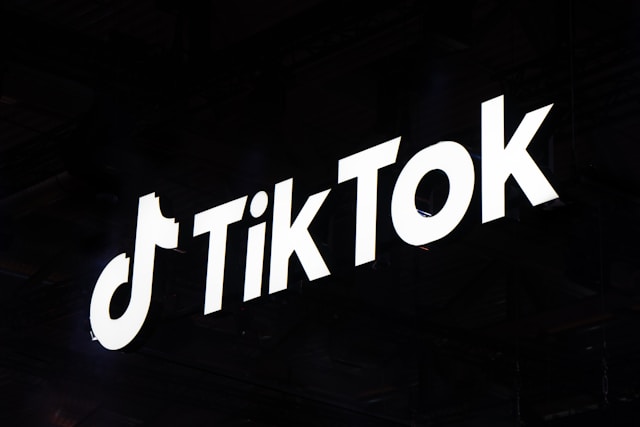
Should You Be Worried About a Nationwide TikTok Ban?
The potential ban on TikTok is a serious cause for concern for the platform’s hundreds of millions of users. There are other social media channels Americans can use. However, none has successfully replicated TikTok’s unique ability to connect people via their shared interests.
The TikTok Ban Bill will remove a platform where many individuals feel safest expressing themselves. It threatens the livelihood of creators, influencers, and brands. TikTok’s future in the U.S. is still hanging in the balance. But this doesn’t mean you should quit your efforts to grow and have a solid presence on the platform.
Now is as good a time as any to accelerate your TikTok growth by signing up for a High Social Plan. Instantly connect to your target audiences and potential new followers via High Social’s advanced, proprietary AI technology. Start growing your TikTok today!
TikTok 101

